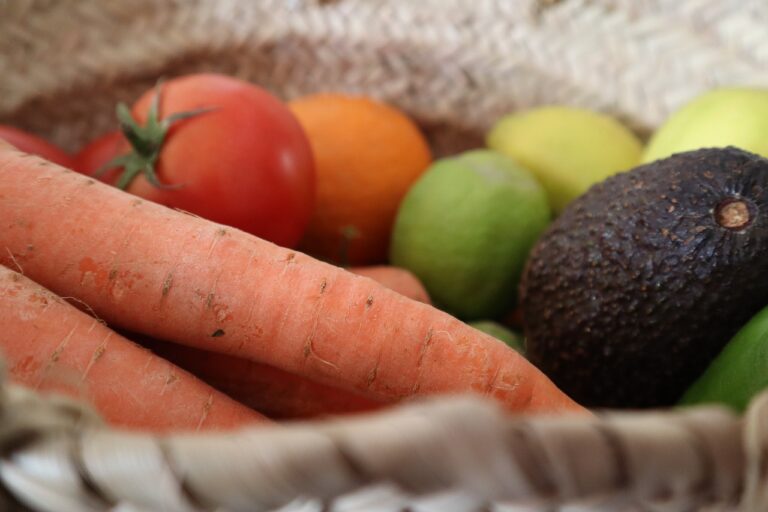Understanding the Benefits of Plant-Based Diets for Kidney Health
Plant-based diets have been shown to have numerous benefits for kidney health. By focusing on consuming a variety of fruits, vegetables, whole grains, nuts, and legumes, individuals can lower their risk of developing chronic kidney disease. These foods are rich in antioxidants and anti-inflammatory compounds, which can help protect the kidneys from damage caused by oxidative stress.
Additionally, plant-based diets are typically lower in sodium and phosphorus, two minerals that can be harmful to individuals with kidney issues. By reducing the intake of these minerals, plant-based eaters can better manage their blood pressure and prevent the progression of kidney disease. Moreover, plant-based diets are often associated with healthier body weight and lower rates of diabetes and high blood pressure, both of which are risk factors for kidney disease.
The Impact of Plant-Based Diets on Kidney Function
Plant-based diets have been shown to have a positive impact on kidney function. The high intake of fruits and vegetables in these diets provides essential nutrients and antioxidants that can help protect the kidneys from damage. Additionally, plant-based diets are typically low in sodium and saturated fats, which can help lower blood pressure and reduce the risk of developing kidney disease.
Studies have indicated that individuals following plant-based diets may have a lower risk of developing chronic kidney disease compared to those consuming animal-based diets. The abundance of fiber in plant-based foods also promotes healthy digestion and can help regulate blood sugar levels, which is beneficial for kidney health. Overall, incorporating more plant-based foods into one’s diet can support overall kidney function and reduce the risk of kidney-related complications.
How can plant-based diets benefit kidney health?
Plant-based diets are rich in antioxidants, fiber, and vitamins that can help improve overall kidney function by reducing inflammation and improving blood sugar control.
Can a plant-based diet help prevent kidney disease?
Yes, studies have shown that a plant-based diet can help lower the risk of developing kidney disease by promoting healthy blood pressure and reducing the risk of conditions like diabetes that can lead to kidney damage.
Are there any specific foods that are especially good for kidney health in a plant-based diet?
Yes, foods like leafy greens, berries, nuts, and legumes are particularly beneficial for kidney health due to their high nutrient content and low levels of sodium and phosphorus.
How does a plant-based diet compare to other diets in terms of kidney function?
Plant-based diets have been shown to have a positive impact on kidney function compared to diets high in animal products, which can contribute to kidney damage due to their high levels of protein and saturated fats.
Can a plant-based diet be suitable for individuals with existing kidney disease?
Yes, a plant-based diet can be adapted to meet the specific dietary needs of individuals with kidney disease, such as limiting phosphorus and potassium intake, while still providing essential nutrients for overall health.





